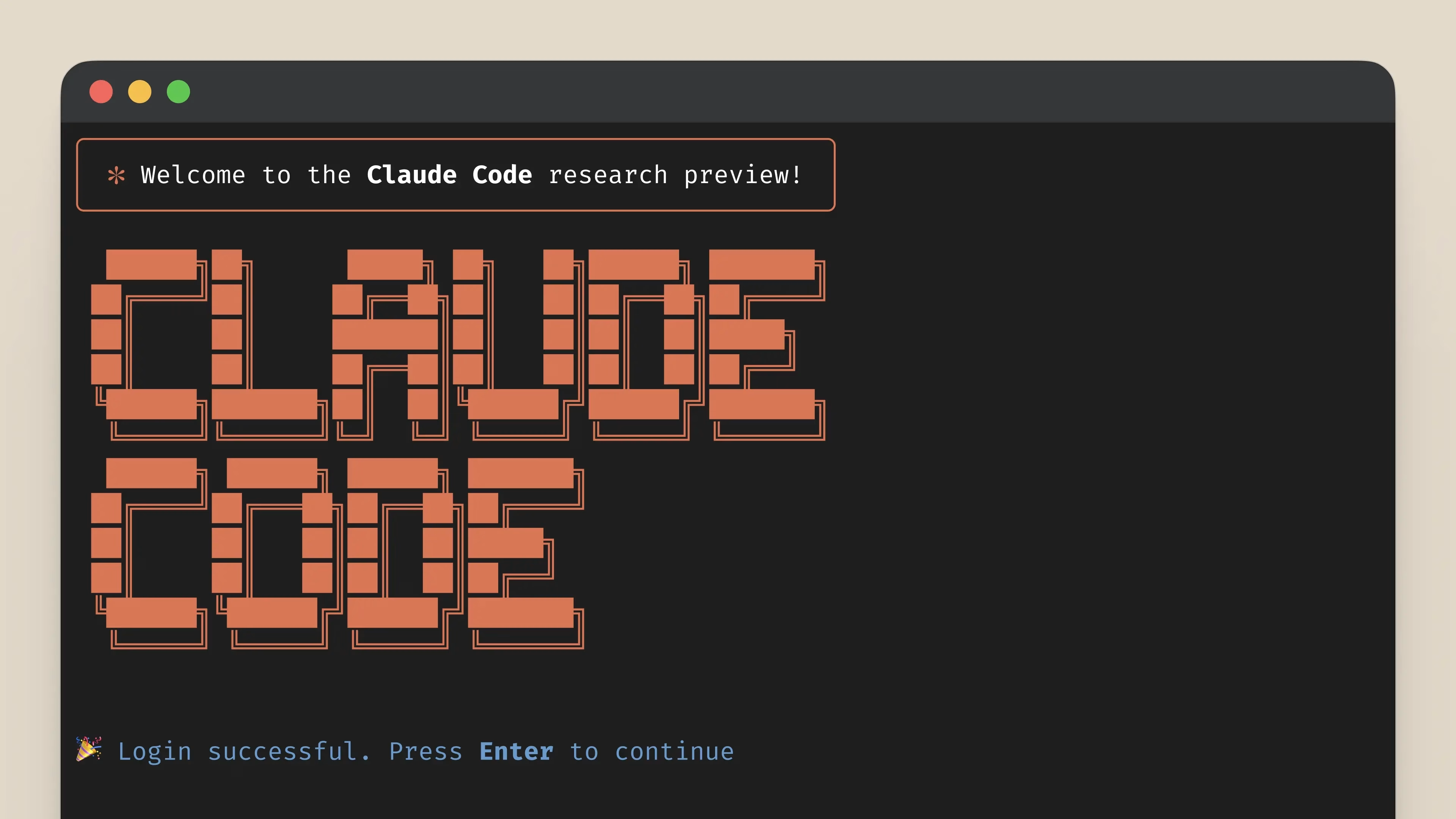Anthropic's Quiet Clampdown: Claude Code Users Hit with Unannounced Usage Limits
Imagine this: You're deep into a coding project, relying heavily on an AI assistant that's become indispensable to your workflow. You're paying top dollar for it, the "Max plan" no less, expecting robust access. Then, out of the blue, your AI companion simply stops, flashing a vague message: "Claude usage limit reached." No warning. No explanation. Just a digital brick wall. This isn't a hypothetical nightmare; it's the reality many Anthropic Claude Code users have faced since Monday morning, and frankly, it's a pretty frustrating situation.
The complaints, which have predictably flooded Claude Code's GitHub pages, paint a clear picture: heavy users, particularly those on the $200-a-month Max plan, are finding their access severely curtailed. One user, clearly exasperated, noted, "Your tracking of usage limits has changed and is no longer accurate. There is no way in the 30 minutes of a few requests I have hit the 900 messages." It's a sentiment many share, feeling like their paid subscription has either been secretly downgraded or that Anthropic's tracking system has gone completely haywire.
The Silence from Anthropic
What makes this situation particularly galling is the absolute lack of communication from Anthropic. Users were given zero advance notice of any changes to usage policies. When TechCrunch reached out, an Anthropic representative merely offered a boilerplate response: "We’re aware that some Claude Code users are experiencing slower response times, and we’re working to resolve these issues." Slower response times? That's quite an understatement when users are completely locked out. This kind of non-answer only fuels suspicion and erodes trust. It's a classic case of saying something without actually saying anything.
One user, who wished to remain anonymous, highlighted the severe impact, stating it had become "impossible to advance his project" since the limits kicked in. He even tried alternatives like Gemini and Kimi, but found them lacking compared to Claude Code's capabilities. That's a powerful endorsement of Claude Code's utility, but also a stark warning about the consequences of unreliable service.
A Pattern of Instability? Network Issues and Vague Pricing
This sudden tightening of limits isn't happening in a vacuum. It appears to coincide with broader network issues plaguing Anthropic. Many API users have reported overload errors during the same period. Interestingly, while the company's status page shows six separate issues over the past four days, it still proudly declares 100% uptime for the week. Now, I'm no mathematician, but six issues in four days doesn't exactly scream "100% uptime," does it? This discrepancy further muddies the waters and makes users question the transparency of Anthropic's operations.
Adding to the confusion is Anthropic's rather opaque pricing structure. Their tiered plans—Free, Pro, and Max—promise increasing levels of access, with the Max plan offering limits "20 times higher" than Pro, and Pro being "five times higher" than Free. Sounds good on paper, right? But here's the kicker: Anthropic explicitly states that the free user limit "will vary by demand" and doesn't set an absolute value. This ambiguity trickles up the tiers. If the base limit is a moving target, then "20 times higher" means precisely nothing in terms of guaranteed access. Users are left in a perpetual state of uncertainty, unable to plan their usage because there's no clear ceiling. It's like buying a car that promises to go "20 times faster" than a bicycle, but the bicycle's speed changes daily based on traffic.
The Cost of Silence: Eroding User Trust and Market Position
The Path Forward: Transparency is Key
This whole episode serves as a stark reminder for any tech company: communication is not just a courtesy; it's a business imperative. When you make significant changes that impact your paying customers, especially those who are heavily invested in your product, you owe them a clear explanation, and ideally, advance notice.
Anthropic has a powerful tool in Claude Code, one that many users find superior to its rivals. But that advantage can quickly dissipate if users can't depend on its availability or understand its pricing. Moving forward, Anthropic needs to do more than just acknowledge "slower response times." They need to be upfront about their usage policies, provide clear, quantifiable limits for all tiers, and communicate any future changes with ample warning. Only then can they hope to rebuild the confidence they've inadvertently shaken among their most dedicated users.
